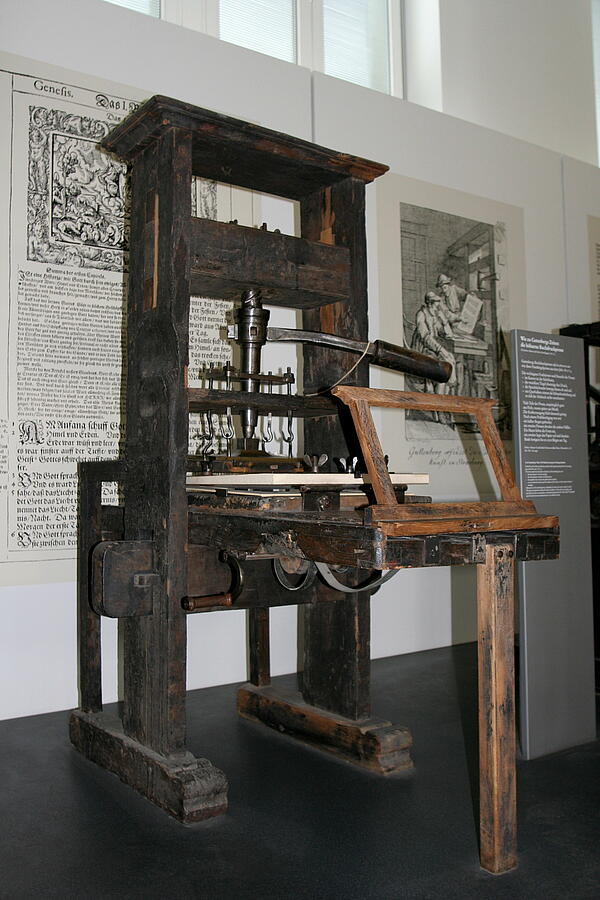Spread of Lutheran Ideas
The spread of Lutheran ideas throughout Germany and Europe occurred in a number of ways. For one, the development of the printing press enabled the mass distribution of Luther’s ideas. Most importantly, however, people chose to spread the message. Many people had become disillusioned with the Church and the 95 theses appealed to them.
The Catholic Church in Germany had fallen into disrepute by the 16th century. People were angered by the sale of indulgences, holy relics and the corrupt priesthood. In Rome, the Church was abusing its power - at one point there were even two popes at the same time. Popes were frequently involved in war and political issues.

Lutheran ideas were popular because they stripped priests of much of their power. Whilst Luther did see the value of good priests, he knew that they were not necessary to obtain salvation. He taught that being poor was not an obstacle to reaching heaven - this greatly appealed to peasants.
On a logistical level, Lutheran ideas spread thanks to the invention of the printing press in the 15th century. It enabled Luther to print pamphlets that could be kept and referred to.
By the late 1520s, Lutheran ideas spread in a more peaceful and diplomatic way. A prince or city council could formally adopt Luther’s ideas, disregarding the authority of the Catholic Church in the process.
MLA Citation/Reference
"Spread of Lutheran Ideas". HistoryLearning.com. 2026. Web.
